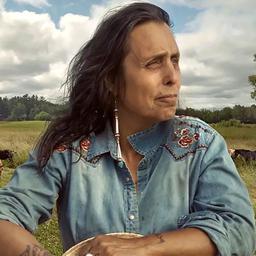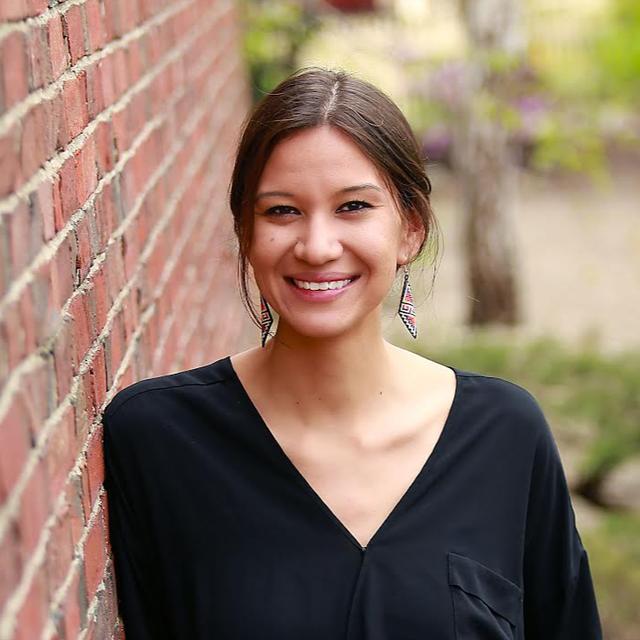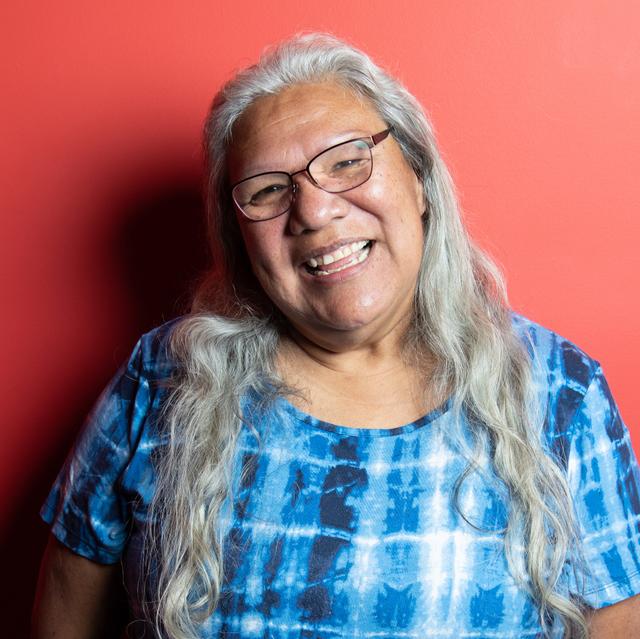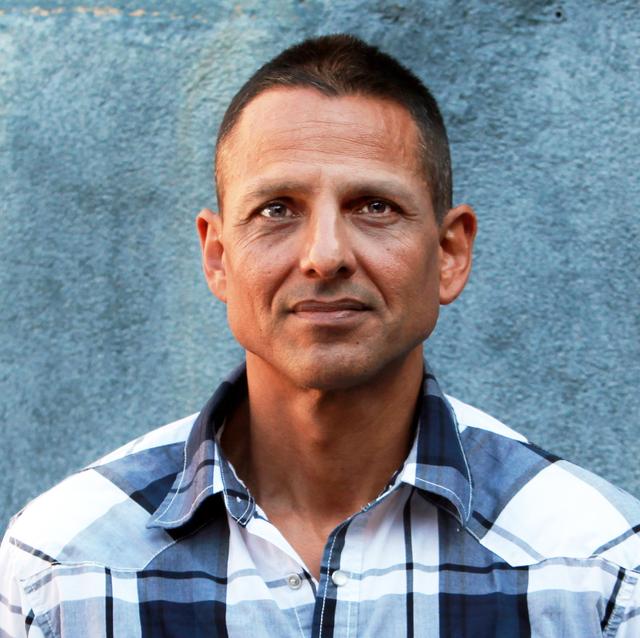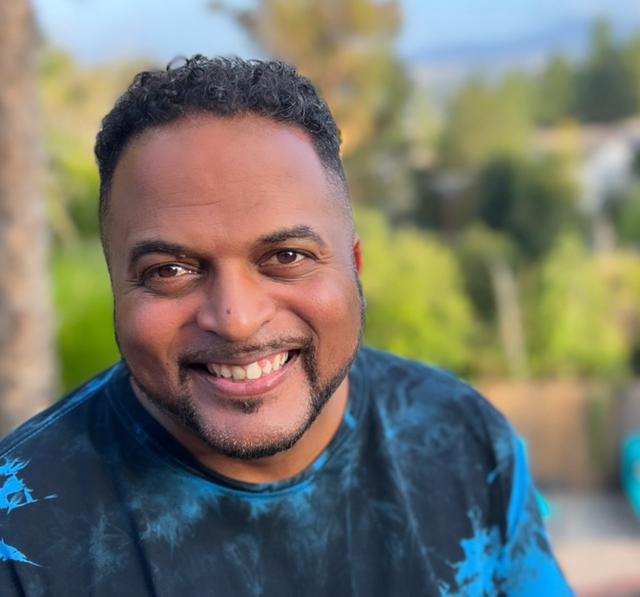Winona LaDuke (Anishinaabe) is one of the world’s most tireless and charismatic leaders working on issues of sustainable development, climate change, Indigenous rights, local food systems, grass-roots organizing, alternative sources of energy, and the priceless value of clean water.
She co-founded and is the former Executive Director of Honor the Earth, whose mission is to create awareness and support for Native environmental issues and to develop needed financial and political resources for the survival of sustainable Native communities. Her other organizations, Akiing and Winona’s Hemp and Heritage Farm, help communities produce sustainable energy and materials for a restorative and regenerative economy.
Winona lives and works on the White Earth reservation in northern Minnesota and is the founder of the White Earth Land Recovery Project, one of the largest reservation-based, non-profit organizations in the country. She is also a two-time vice-presidential candidate with Ralph Nader for the Green Party. A rural development economist and graduate of Harvard and Antioch Universities, she writes extensively on Indigenous struggles for environmental justice.
Her seven books include: Recovering the Sacred: The Power of Naming and Claiming; All Our Relations: Native Struggles for Land and Life; The Militarization of Indian Country; and a novel, Last Standing Woman. Her latest book, To Be a Water Protector: Rise of the Wiindigoo Slayers is an expansive, provocative engagement with issues that have been central to her decades of activism, including seven years battling Line 3, an Enbridge tar sands oil pipeline in northern Minnesota.
Winona is also the recipient of many awards, including a 2007 induction into the National Women’s Hall of Fame and in 1994, recognition by Time Magazine on their list of fifty most promising leaders under forty years of age. Her White Earth Land Recovery Project won the prestigious 2003 International Slow Food Award for Biodiversity. Winona was also Co-founder and Board Co-chair of the Indigenous Women’s Network for fifteen years and maintains a significant role in international advocacy for Indigenous people, including numerous presentations at United Nations forums.
